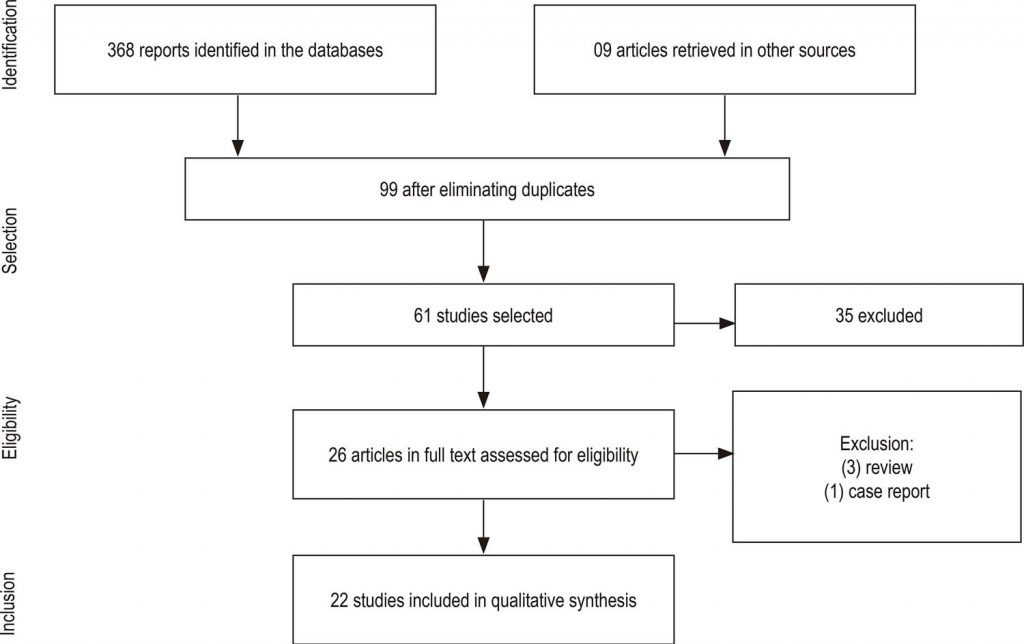Arq. Bras. Cardiol. 2020; 115(1): 127-133
Acute Cardiorenal Syndrome: Which Diagnostic Criterion to Use And What is its Importance for Prognosis?
Abstract
The absence of a consensus about the diagnostic criteria for acute cardiorenal syndrome (ACRS) affects its prognosis. This study aimed at assessing the diagnostic criteria for ACRS and their impact on prognosis. A systematic review was conducted using PRISMA methodology and PICO criteria in the MEDLINE, EMBASE and LILACS databases. The search included original publications, such as clinical trials, cohort studies, case-control studies, and meta-analyses, issued from January 1998 to June 2018. Neither literature nor heart failure guidelines provided a clear definition of the diagnostic criteria for ACRS. The serum creatinine increase by at least 0.3 mg/dL from baseline creatinine is the most used diagnostic criterion. However, the definition of baseline creatinine, as well as which serum creatinine should be used as reference for critical patients, is still controversial. This systematic review suggests that ACRS criteria should be revised to include the diagnosis of ACRS on hospital admission. Reference serum creatinine should reflect baseline renal function before the beginning of acute kidney injury.
2,189

